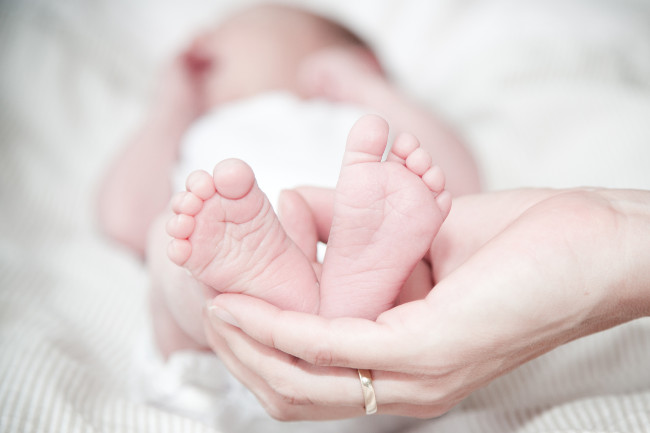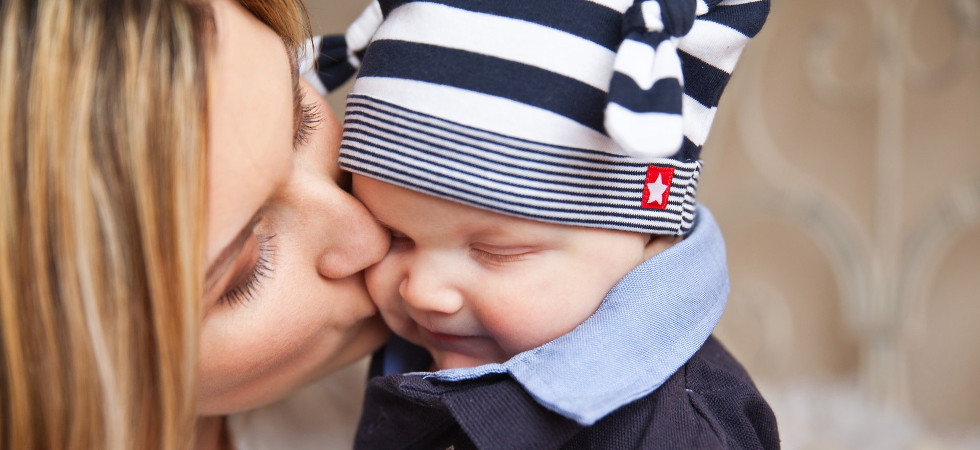Is IVF with egg donation the answer for the over 40s?
In today’s fast-paced world, career-driven women are choosing to have children later than ever before – giving them more time to live for themselves, see the world, and put down some serious roots for long-lasting professional success. As that dream job becomes theirs for the taking, there’s never a convenient time to step off the career ladder – and with the increasing costs of raising a family, it’s little wonder that the average age of women having babies has risen to 34.
In generations gone by, women traditionally settled down and started a family in their early twenties, but the number now having babies in their 40s has quadrupled over the past three decades, and that number continues to climb. Celebrities are forever perpetuating the idea that there are no limits on becoming a parent – but things aren’t always quite as they seem.
Sadly, there a high number of women in this age group find themselves unable to conceive naturally – with many regretting the choices they made earlier in life and wishing they had started trying sooner. One of the many consequences of this dramatic social change is age-related infertility, and for women approaching or already going through menopause, the road ahead is a tough one.
The message society gives out in 2018 is strong; by postponing your first baby, you really can have it all. For some, life really does begin at 40 – but what if you’re not so lucky? Fertility is now thought to fall into decline as early as the mid-twenties, and this accelerates further still from the age of 30 onwards. That biological clock never stops ticking, and sometimes, it’s just too fast.

Thankfully, fertility treatments are advancing by the day, and there are a number of routes those keen to have children can go down to make it a reality. IVF (in-vitro fertilisation) is perhaps the most widely known of these and has helped a vast number of couples to begin their families since its introduction in the UK in the late 70s. Alternative methods have surfaced in recent years, such as Clomid monitoring – which is a fertility medication that is used to induce ovulation in women who do not produce an egg every month. The treatment helps to stimulate a woman’s ovaries to mature an increased number of follicles every month.
Europe is home to some of the world’s most cutting-edge IVF fertility clinics, and would-be parents are increasingly travelling as far as Barcelona, Amsterdam or Athens for pioneering treatment. IVF with Egg donation is becoming an increasingly popular choice; a form of assisted conception whereby another person’s eggs are used.
In fact, more than 70% of women older than 45 who try assisted reproductive technologies such as in vitro fertilisation (IVF) use donor eggs today, and thousands of babies are born each year in the UK as a result. And, with recent advances in egg-freezing technology, the process is expected to become even easier, meaning it’s likely to become the go-to option for women unable to conceive using their own eggs.
Whilst IVF doesn’t come cheap, it’s a lifeline for many, and thankfully, there are lots of women who are happy to donate their eggs to help others. It’s a selfless and beautiful gift to give – and one that not everyone is prepared to. There are still significantly more men donating sperm than there are women donating eggs in the UK, and due to the ramifications, this is not expected to change any time soon – but thanks to the generosity of others, men and women alike, parenthood doesn’t necessarily have to be a distant dream.






















